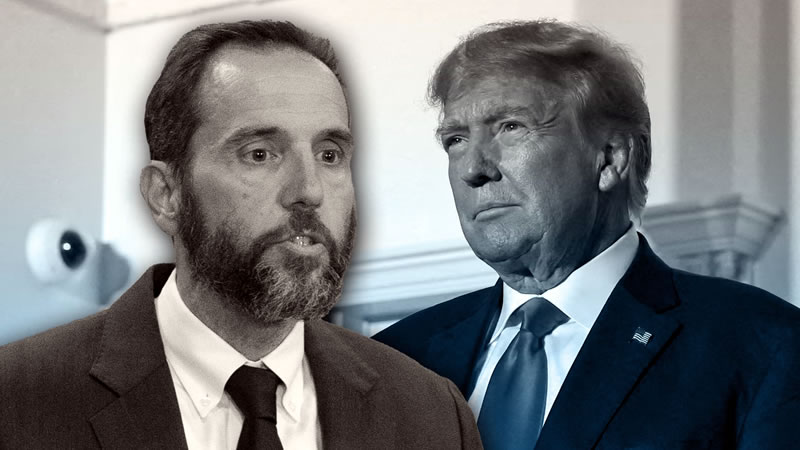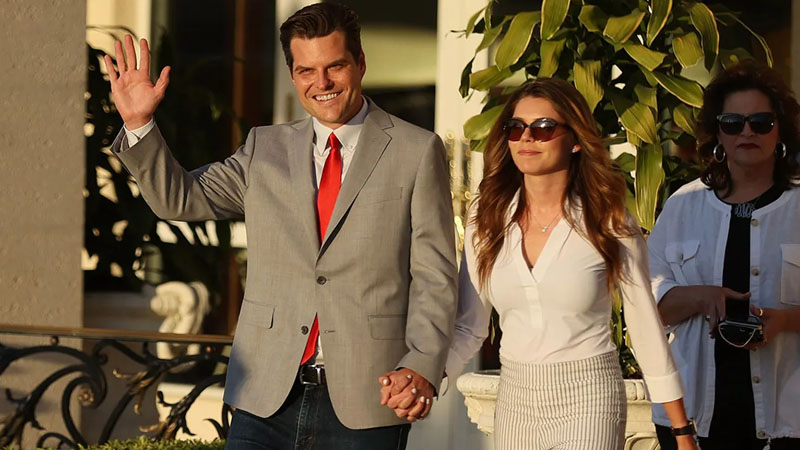Trump demands that Jack Smith be put in contempt of court, but Judge Tanya Chutkan rejects his request

Photo: (AP/Reuters)
In a recent development in the ongoing legal saga involving former President Donald Trump, U.S. District Court Judge Tanya Chutkan made a mixed ruling on Trump’s motion concerning special counsel Jack Smith. While she denied a significant portion of Trump’s request, she also imposed a condition on Smith regarding future court filings.
Trump had filed a motion requesting that Jack Smith be held in contempt of court. This request stemmed from filings Smith had made about Trump’s case concerning allegations of election subversion. Trump’s team argued that these filings were in contempt of court as they were made while his claim of immunity from prosecution was still under judicial review, reported the New York Post.
In her six-page order, Judge Chutkan addressed the various aspects of Trump’s motion. She clarified that an earlier stay order, which Trump’s team had interpreted as a prohibition against government actions, did not explicitly bar voluntary compliance with pretrial orders. As such, she stated that the stay order did not “clearly and unambiguously prohibit” the actions taken by the government to which Trump objected.
However, Judge Chutkan acknowledged that Smith’s filings were mostly in line with the previous stay order, suggesting a level of compatibility with the court’s earlier directives. Despite this, she agreed to one of Trump’s requests: to prevent Smith from making any additional filings in the case while the higher court deliberated on the issue of Trump’s immunity. She added a caveat that Smith could seek permission to file additional documents if deemed necessary.
The remainder of Trump’s requests, including the withdrawal of Smith’s previous filings and holding him in contempt of court, were denied by Judge Chutkan. This ruling represents a nuanced approach by the court, balancing the legal proceedings with the complexities surrounding the immunity claim and the actions of the special counsel. The decision underscores the ongoing legal challenges and strategic maneuvers in this high-profile case.


